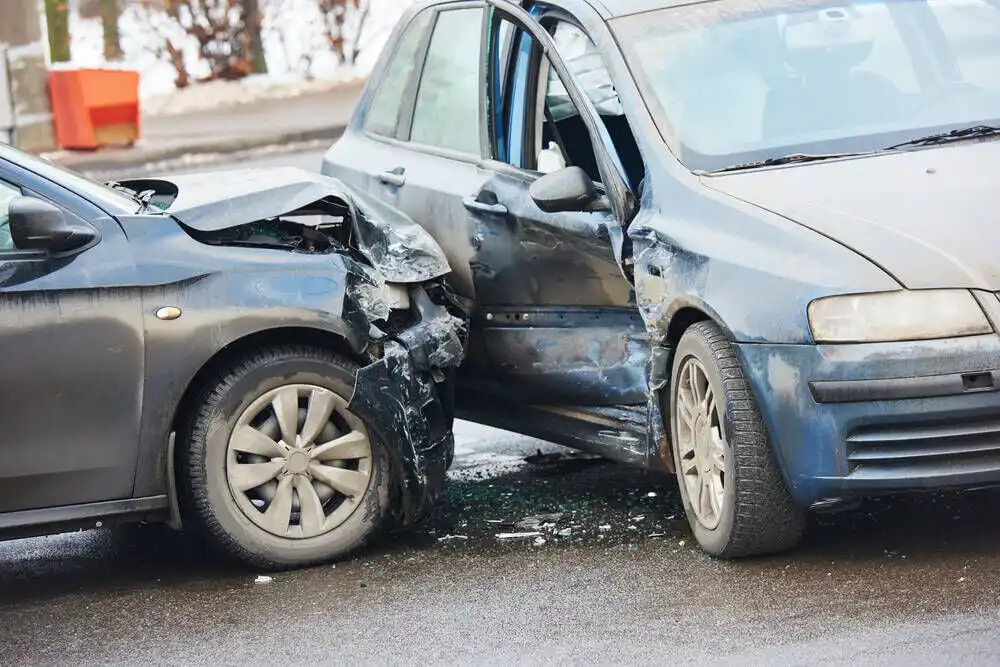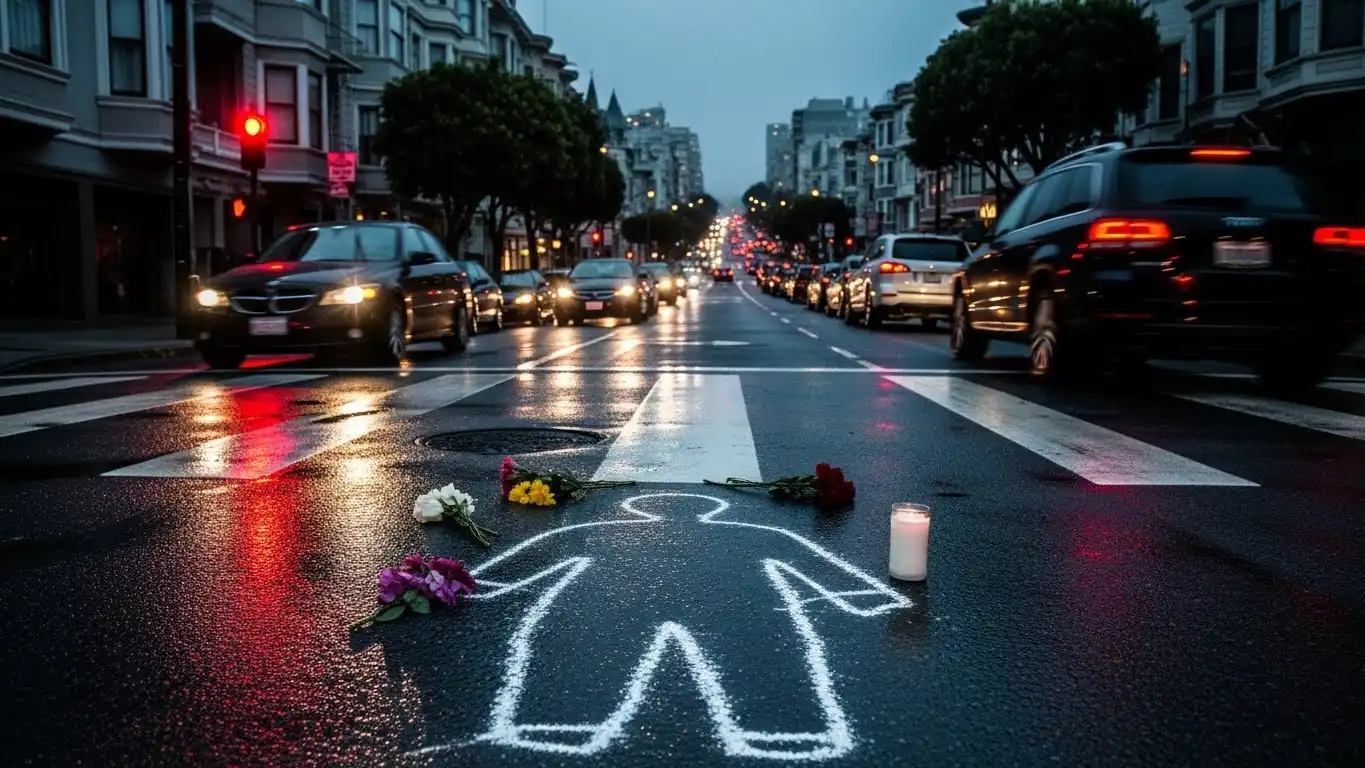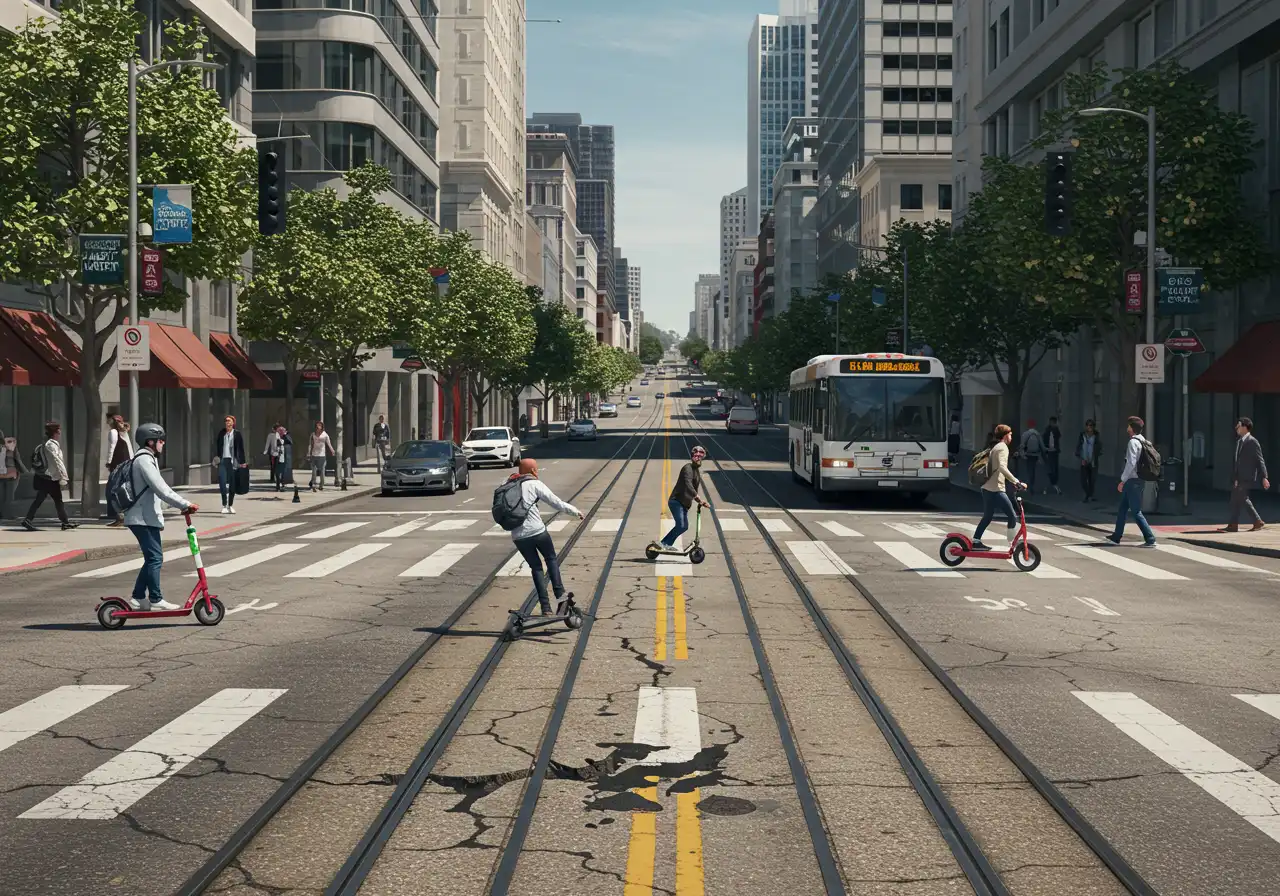Accidents can happen at any time, and when they do, it’s essential to remain calm and follow the proper steps to protect your health, your legal rights, and your ability to seek compensation. Whether it’s a car, motorcycle, bicycle, or pedestrian accident, knowing what to do in the moments following the incident can make all the difference. This blog outlines the key actions to take immediately after an accident in San Francisco, ensuring that you’re not only safe but also prepared for the legal process ahead.
1. Ensure Safety and Assess the Situation:
The first and most important step after an accident is ensuring everyone’s safety. If possible, move to a safe area away from traffic to prevent further injuries. Turn on your hazard lights to alert other drivers. If your vehicle is in a dangerous spot, and you’re able to do so, move it to a safer location. However, don’t leave the scene of the accident until you’ve completed the necessary steps.
If you’re injured and unable to move, stay still and try to remain calm. For pedestrians and cyclists, make sure to check for injuries right away. Once you’re in a safe position, begin assessing the situation.
2. Call 911 and Report the Accident:
Regardless of the severity of the accident, it’s crucial to call 911. Reporting the accident to the police creates an official record of the incident and ensures that emergency services can respond if necessary. A police officer will come to the scene, document the details, and create an accident report that will be critical for any legal claims you may make.
When speaking with the dispatcher, remain calm and provide them with clear details about the accident, including the location, number of vehicles involved, and whether anyone is injured. Follow their instructions carefully.
3. Seek Medical Attention:
Even if you don’t think you’re seriously injured, it’s always best to get checked by a medical professional. Injuries like whiplash, concussions, or internal injuries may not immediately show symptoms but could become serious over time. By visiting a doctor or going to the emergency room, you’re ensuring that any injuries are documented right away, which can be vital for your personal injury case later on.
If you’re in pain or suspect you’ve been injured, it’s important to get medical attention as soon as possible. Prompt medical care will help you recover more quickly and provide documentation for your claim.
4. Gather Information from the Scene:
Once it’s safe, it’s important to gather as much information as possible to support your case. This includes:
-
Names and contact information of all involved parties (drivers, passengers, and witnesses)
-
Driver’s license numbers and insurance details
-
License plate numbers of vehicles involved
-
Details of the accident, including time, location, and conditions (e.g., weather, traffic, etc.)
-
Photos of the scene (damaged vehicles, road conditions, any visible injuries, etc.)
Taking photos is particularly important, as it will provide visual evidence of the accident and help with the claims process.
5. Don’t Admit Fault or Make Statements to Insurance Companies:
It’s crucial not to admit fault or make any statements about the cause of the accident at the scene. Admitting fault, even in the heat of the moment, can hurt your case if it turns out you were not fully at fault. Stick to the facts when speaking with others involved in the accident, and leave it up to the police and insurance companies to determine fault.
Additionally, avoid giving statements to insurance companies before consulting with a lawyer. Insurance companies may try to settle quickly and for less than what you’re entitled to, and their goal is to reduce their liability. A lawyer can help you negotiate a fair settlement.
6. Contact an Experienced San Francisco Accident Lawyer:
One of the most important steps you can take after an accident is to consult with an experienced San Francisco accident lawyer. An attorney can help you navigate the complexities of insurance claims, medical expenses, and potential legal proceedings.
An accident lawyer will:
-
Advise you on your legal rights and options
-
Help you gather evidence and build a strong case
-
Negotiate with insurance companies on your behalf
-
Represent you in court if needed
Having an experienced lawyer on your side can increase your chances of obtaining fair compensation for medical bills, lost wages, pain, and suffering.
7. Keep Detailed Records of Your Injuries and Expenses:
After the accident, it’s important to document all aspects of your recovery. Keep a record of any medical treatments, medications, and therapies, as well as receipts for out-of-pocket expenses related to your injuries. If you miss work due to your injuries, keep a record of lost wages as well.
This documentation will help your lawyer build your case and ensure you’re properly compensated for all of your injuries and expenses.
8. Follow Up with Medical Treatment and Legal Advice:
Continue following your doctor’s recommendations and attending any scheduled follow-up appointments. Ensure that your treatment plan is fully documented, and keep your lawyer informed of any updates regarding your health. If your injuries worsen, be sure to seek further medical treatment and update your lawyer as soon as possible.
Additionally, stay in contact with your accident lawyer and provide them with all the necessary information. Your lawyer will keep you updated on the progress of your case and advise you on the next steps.
Conclusion:
The moments after an accident can be overwhelming, but knowing what steps to take can help you protect your rights and recover faster. By seeking medical care, calling the authorities, gathering evidence, and contacting an experienced San Francisco accident lawyer, you can increase your chances of a successful claim. The more proactive you are in the aftermath of an accident, the stronger your case will be.
If you’ve been involved in an accident in San Francisco, don’t hesitate to reach out to a qualified accident lawyer who can help you navigate the legal process and ensure you receive the compensation you deserve. Your health, safety, and legal rights are too important to leave to chance.




